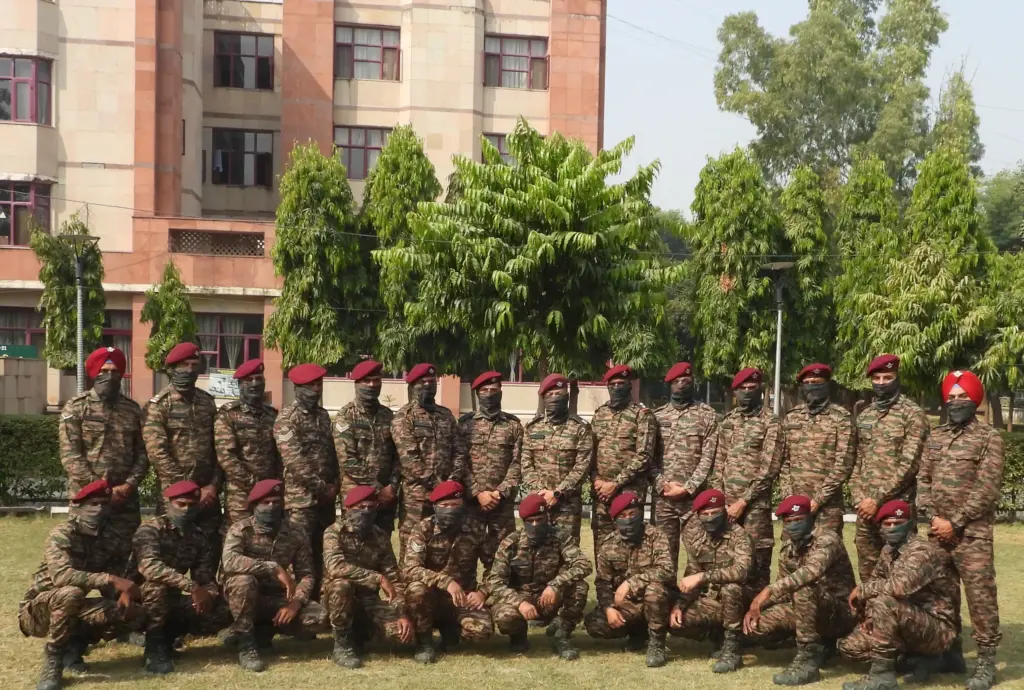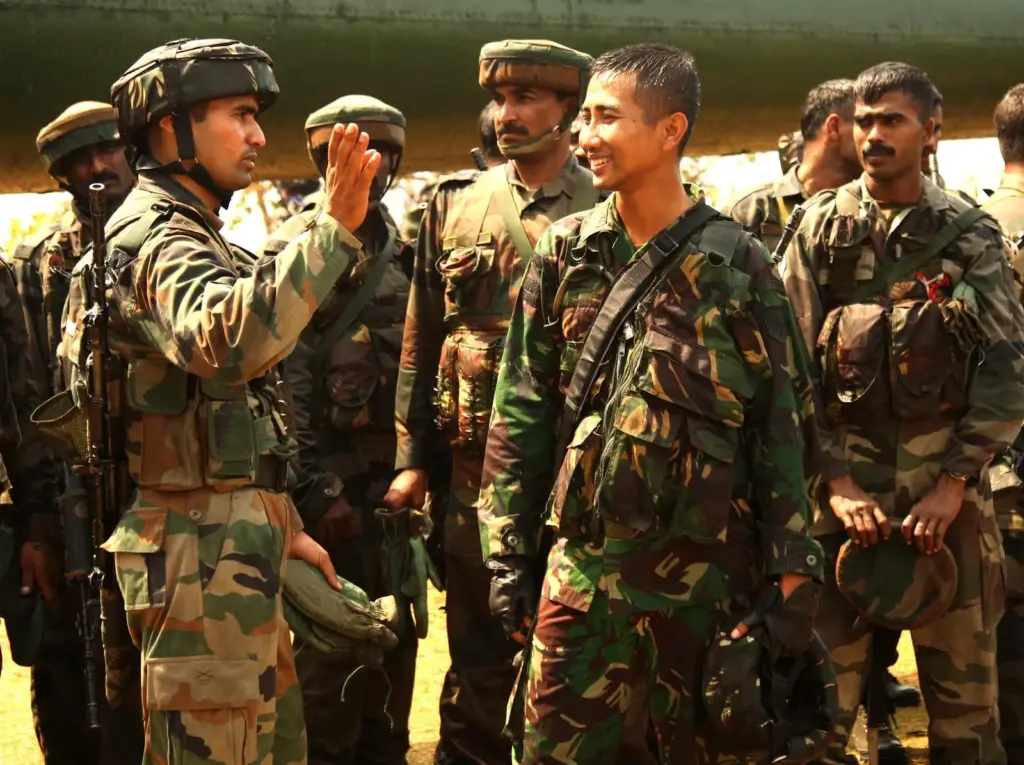The 9th Indo-Indonesia Joint Special Forces Exercise, GARUDA SHAKTI, has commenced in Mokopassus, Cijantung, Indonesia. The exercise is the deepening of defence cooperation between India and ASEAN nations, particularly in the background of shifting security in the Indo-Pacific region.

In addition, 2024 is the 10th anniversary of India’s Act East Policy, so it is time to celebrate the achievement in regional cooperation.
Enhancing Tactical Interoperability
GARUDA SHAKTI also involves participation of 25 Indian Army officers of the Parachute Regiment (Special Forces) and 40 Indonesian Special Forces personnel of Kopassus.
Held between November 1 to 12, the exercise has the purpose of sharing mission planning methods, procedures for operations, and best practices for conducting special operations in jungles. Challenging geography tests the operational readiness and flexibility of both militaries.
Cooperative training like GARUDA SHAKTI is critical in building shared understanding and interoperability between the Indian and Indonesian militaries.
The training consists of tactical manoeuvres, planning and execution of special operations, and sharing of latest skills related to weapons, gear, and operational innovations. A holistic approach not only improves military capabilities but also strengthens the affinity between the two militaries.
Meet Shared Security Challenges
The joint exercises include training attacks on terror camps and a validation exercise which unites both main and advanced skills. The strategic interaction helps India and Indonesia to effectively cooperate on shared security issues. One of the major areas of concentration for this exercise is the pledge to combat terrorism and provide peace in the region.
Relevance of Defense Cooperation with ASEAN
India’s military cooperation with ASEAN countries, including Indonesia, has also gained larger significance with the changing regional politics of the Indo-Pacific.
The export of the BrahMos supersonic missile system to the Philippines is one of the significant landmarks. It indicates India’s capabilities as a serious supplier of advanced military technology. Indonesia’s quest for the air-launched version of the BrahMos missile is also a sign of enhanced military relations and commensurate with regional defence projects.
Indonesia is also rapidly modernizing its armed forces, such as the acquisition of advanced weapons like Russian SU-27 jets and Kilo-class submarines. This modernization effort is in response to Indonesia’s intention to enhance its defense capabilities due to regional security concerns, primarily the South China Sea.
A Decade of the Act East Policy
Launched in 2014 under Prime Minister Narendra Modi, Act East Policy is the strategic policy change from the erstwhile Look East Policy. The new policy aims to deepen India’s connection with Southeast Asia by adopting full-spectrum engagement—economic, cultural, and strategic.
The policy has been moulded into one of the most important frameworks that has strengthened India’s role in the Indo-Pacific over the last decade.
India-ASEAN bilateral trade has registered impressive growth, from USD 65 billion in 2015-16 to USD 120 billion in 2023-24. The growth reflects the shared economic dividends in terms of increased cooperation.
Moreover, total ASEAN investment in India has exceeded approximately USD 160 billion, which is the economic success of the Act East Policy and its role in attracting foreign investment.
Strengthening Regional Defence Frameworks
The Act East Policy has also opened the doors to greater defence cooperation in the form of joint military exercises, strategic dialogues, and sales of defence equipment.
Exercises such as GARUDA SHAKTI are examples of the operational nature of this cooperation, where mutual training and knowledge sharing strengthen a more robust regional defence mechanism.
India’s hard-hitting initiative to promote defence exports is also an integral part of its broader policy under the Act East Policy. The BrahMos missile system, with its speed and precision, has interested a number of ASEAN countries, rendering India a key defence partner of prime significance capable of contributing towards regional stability.
Bottom Line
The GARUDA SHAKTI exercise is a testament to India-Indonesia defence cooperation, reflecting a greater commitment to regional security. As both nations engage in combined training and operational cooperation, they continue to lay a solid foundation for addressing shared challenges.
The 10th anniversary of India’s Act East Policy is an indication of the incredible strides made to foster regional cooperation, economic growth, and security cooperation in the Indo-Pacific.
In exercises like GARUDA SHAKTI, not only is ASEAN and India’s partner developing its defence, but India is also further establishing its commitment to loyalty to stability in the region and peace. These are obligations made necessary since they need to struggle with complexity in regional security dynamics to attain peace and a better future for all people.







